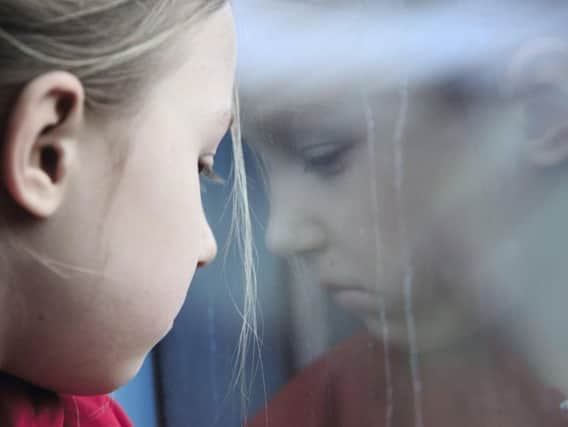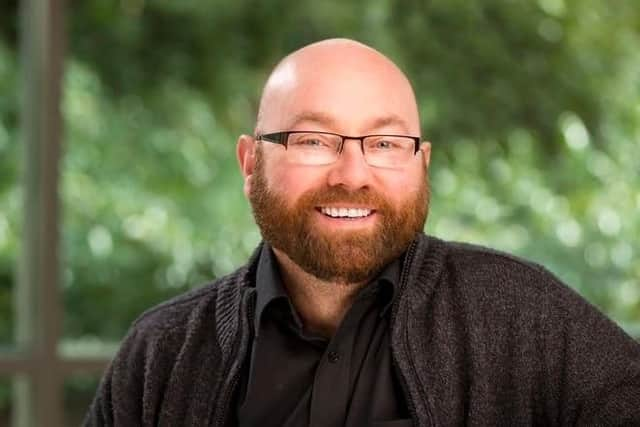Lancashire expert in sexual abuse is leading European funded study into child abuse in sport


Edge Hill University Academic Mike Hartill, an expert in sexual abuse in sport, is leading European funded project.
The Child Abuse in Sport: European Statistics (CASES) project will survey around 12,000 young adults across six EU countries to find out how many have been subjected to abuse and exploitation through sport.
Advertisement
Hide AdAdvertisement
Hide AdThis will be the first time a representative sample of males and females from across Europe will be questioned about their negative experiences in sport.


Mike Hartill, is a reader in the sociology of sport and has conducted research into child sexual exploitation in sport for more than 15 years.
He has also provided advice on child protection in sport for the English Football Association
Mike said: "
“The CASES project, funded by the European Union’s Erasmus+ programme, will generate crucial quantitative data on child maltreatment and abuse within European sport.
Advertisement
Hide AdAdvertisement
Hide Ad“Information from the sports sector is very sparse. While the issue raises its head in the media frequently there is very little robust data and research into how prevalent abuse is.
“The European Parliament, the EU and the Council of Europe have acknowledged that sport is a setting where children are at risk of violence and note that progress in preventing such violence has been hampered, by among other things, a lack of robust data.
“That’s why the CASES project, delivered in partnership with six universities and international sports organisations across the UK, Spain, Austria, Romania, Belgium and Germany is so important."
The initiative builds on Mike’s ongoing research project VOICE, a joint project between eight European countries focused on documenting the accounts and experiences of victims of sexual abuse in sport, which has provided robust qualitative evidence.
Advertisement
Hide AdAdvertisement
Hide AdHe added: "Once we have more precise data on the scale and nature of the problem, in different national contexts, it can then be used to increase and improve efforts within sport to prevent abuse.
"We also hope it will encourage the future, long-term collection of data and we also plan to produce educational materials promoting best practice within sport particularly at grassroots level."